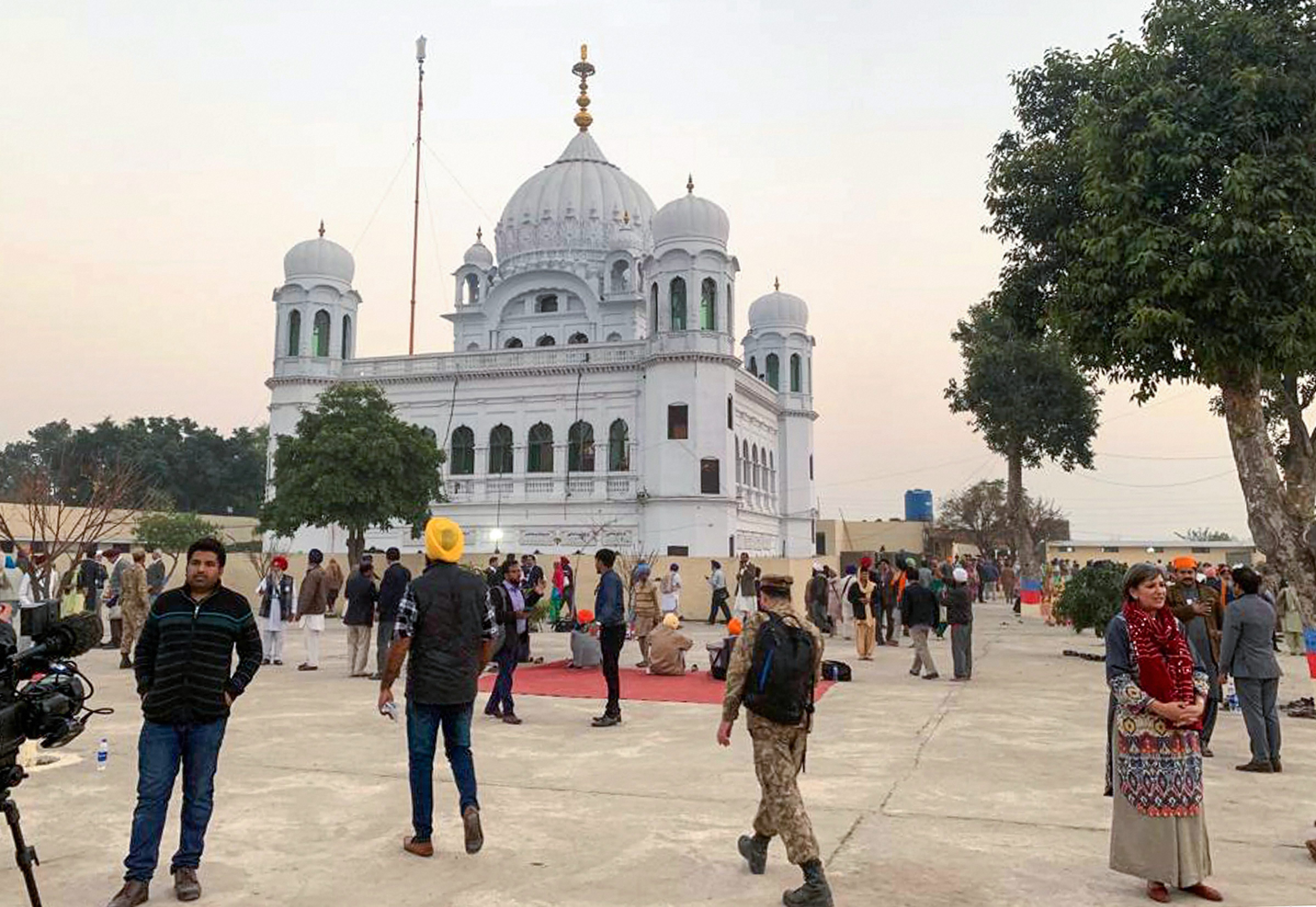Great power should, as the maxim goes, be invested with great responsibility. But old adages, evidently, have no place in the New India that is being assiduously built by the prime minister and his party. Power and responsibility thus need not be bound seamlessly, as is evident from a recent remark by Narendra Modi. While addressing a rally in Rajasthan, Mr Modi seemed to suggest the possibility of a confrontation involving nuclear weapons with Pakistan. The nuances of policy, some of which are the hallmarks of India’s success at the international diplomatic table, apparently, elude the prime minister. India’s achievement of nuclear status had come amidst considerable international scrutiny. After India had conducted its second nuclear test in Pokhran — the Bharatiya Janata Party was in power then — the United States of America had led the world in condemning the tests and even proceeded to impose economic sanctions on the country. It took painstaking work from India’s seasoned diplomatic fraternity to reclaim the loss of goodwill. That the efforts had come to fruition were manifest in the exceptions that the Nuclear Suppliers Group granted to India as well as the nuclear deal that New Delhi inked with Washington. These milestones had been accomplished because the world looked upon India as a country that understood the onerous responsibilities that come with the possession of nuclear weapons. India’s no-first-use doctrine bears evidence of the acknowledgement that the possession of lethal power is not to be trifled with. Yet, the prime minister seems to have done this very thing with his loose talk, threatening to undermine the gains that India achieved with the global fraternity in this context.
A nuclear confrontation is, if one were to borrow Mr Modi’s metaphor, not a display of fireworks. At the heart of the nuclear doctrine is the principle of deterrence — not aggression. But the electoral fortunes of Mr Modi hinge on aggression. Expressions of bravado, however vacuous, would, the BJP believes, fetch it dividends. There is, admittedly, another explanation for Mr Modi’s rhetoric. A brute show of force is integral to the BJP’s philosophical vision. Intimidating — annihilating? — opponents, the party is convinced, is one way of transforming Indian democracy. Little wonder then that Mr Modi’s lieutenants believe in strapping Opposition leaders to rockets for raising inconvenient questions.













